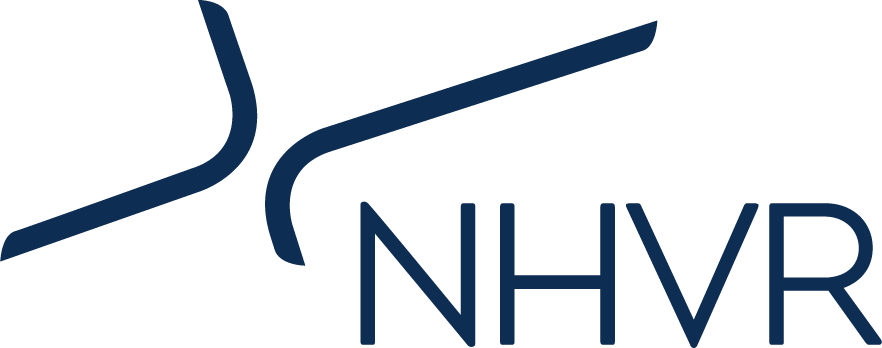This consultation closed on Friday 29 March 2024. The NHVR would like to thank everyone who took the time to provide feedback.
Background
The Waste and Recycling Industry Code of Practice for Load Management is a practical guide that assists parties in the Chain of Responsibility (CoR) for the transport of waste and recycling materials to comply with their primary duty and other obligations under the Heavy Vehicle National Law (HVNL). It does this by identifying hazards and risks associated with waste transport and proposes controls that can be implemented to eliminate or minimise risk.
The code isn’t just for waste transporters. CoR parties in this sector include businesses and local councils that work with waste transporters, that manage waste disposal sites, or that produce, collect, process, or dispose of waste and recycling materials.
Under the HVNL, it is not obligatory for a CoR party to implement the controls recommended in a registered code. So long as they are doing what is reasonably practicable to ensure safety, it doesn’t matter how they do it. However, if a party ignores hazards and risks that are identified in a registered code, or fails to implement sufficient controls, then a court can refer to a registered code as evidence of what the party is expected to know.
Development of the code was sponsored by the Waste and Recycling Industry Association of Queensland and has been supported by the expertise of a wide range of industry and other stakeholders who were consulted throughout the development of the draft.
Why we consulted
Feedback directly from industry ensures that the code is comprehensive, up to date, and useful to its target audience.
Outcome
The Waste and Recycling Industry Code of Practice was endorsed by the NHVR for registration on 12 June 2024 and became a Registered Industry Code of Practice.

 Accessibility tools
Accessibility tools

